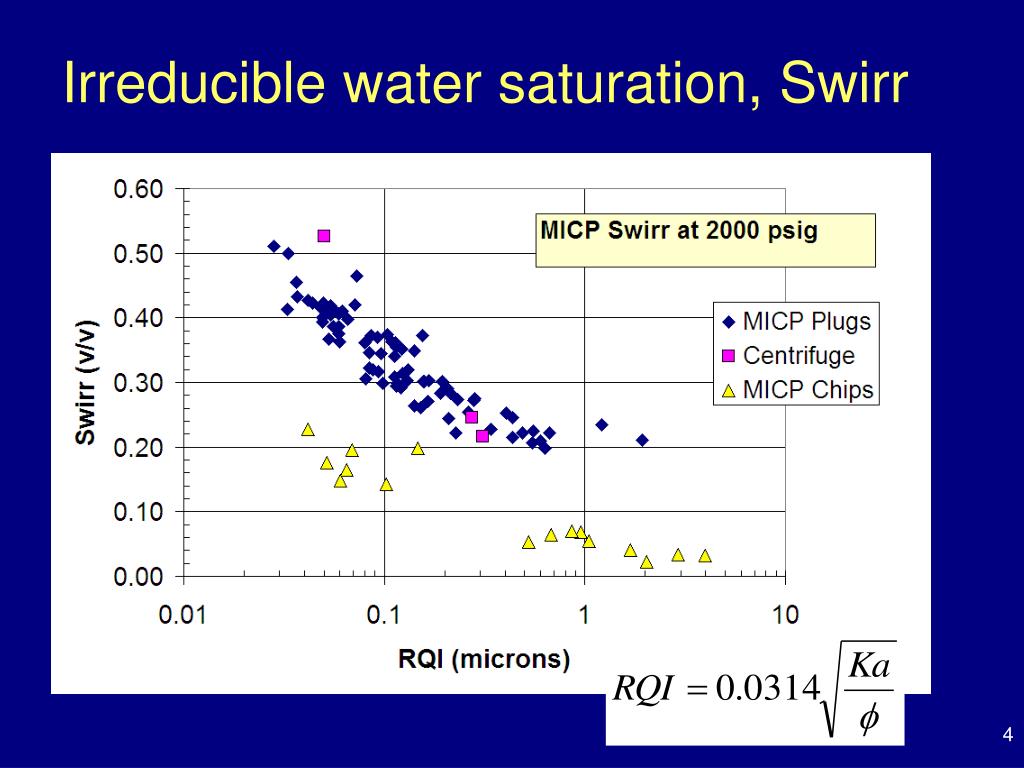

We show there are no proper infinite compact G-invariant sets. The action of G on the dimension group of aT iS investigated.
#IRREDUCIBLE SUBSHIFT FULL#
Using padic analysis, we generalize to most finite type shifts a result of Boyle and Krieger that the gyration function of a full shift has infinite order. We prove that, modulo a few points of low period, G acts transitively on the set of points with least aT-period n. The doubly exponential growth rate of the number of automorphisms depending on n coordinates leads to a new and nontrivial topological invariant of CRT whose exact value is not known. However, G is residually finite, so does not contain divisible groups or the infinite symmetric group.
#IRREDUCIBLE SUBSHIFT FREE#
Using "marker" constructions, we show G contains many groups, such as the free group on two generators. We investigate the algebraic properties of the countable group G and the dynamics of its action on XT and associated spaces. Hedlund for many hours of stimulating discussion.read more read lessĪbstract: Let (XT,AT) be a shift of finite type, and G = aut(vT) denote the group of homeomorphisms of XT commuting with ¢T.

#IRREDUCIBLE SUBSHIFT HOW TO#
Finally, we show how to extend Hedlund's results on inverses of onto endomorphisms to endomorphisms of irreducible subshifts of finite type. Then we prove the equivalence of certain properties of an endomorphism of an irreducible subshift of finite type (e.g., being onto, being finite-to-one, preserving the distinguished measure). We first establish some properties of intrinsically ergodic symbolic flows and their endomorphisms. For an irreducible subshift of finite type, the value of this measure on a basic cylinder set is easily computed. They are examples of intrinsically ergodic flows, i.e., flows having a unique invariant measure such that the topological entropy of the flow is finite and equal to the measure-theoretic entropy with respect to the distinguished measure. They were introduced by Parry, who called them intrinsic Markov chains. Irreducible subshifts of finite type occur naturally in the work of the Smale school on Axiom A diffeomorphisms (see, , ). This class, which contains all full shifts, is in some sense a more appropriate class to study than the class of full shifts. In this paper, we investigate the properties of endomorphisms of a class of symbolic flows known as irreducible subshifts of finite type.

For this reason, there are relatively few results about endomorphisms of symbolic flows other than full shifts. However, the combinatorial structure of a symbolic flow is, in general, not susceptible to the kind of analysis done in. His proofs are based on the very nice combinatorial properties of the full shift. The properties of endomorphisms of the full shift dynamical system are described by Hedlund in. There is no matrix $A$ for which $\Sigma_A^+$ consists of all sequences that do not contain '01210'.Abstract: Introduction.

The forbidden-words definition is more general: If we were to forbid longer words, there might not be a way of specifying the rule via a transition matrix. If we wanted to, we could also forbid longer words like '01210'. An equivalent way of defining $\sum_A^+$ is to take all sequences that do not contain the forbidden words '02', '10', or '22'. The thing that makes it of "finite type" is that it can also be defined by a finite set of rules. Also, when people say "subshift of finite type" they're usually talking about a slightly more complicated structure: not just the set of sequences, but also a particular topology on that set (namely, the one induced by the Tychonoff product topology on $\Sigma_n^+$) and a shift map $\sigma$, which slides a sequence to the left (or, in the one-sided case, deletes the first symbol: e.g., $\sigma(.121000\ldots) =. Your $\sum_A^+$ is a one-sided subshift of finite type. Sometimes it's useful to instead consider two-sided sequences: so the phrase "subshift of finite type", by itself, can be ambiguous. The professor defines $\sum_n^+$ as the set of all one-sided sequences $.s_0s_1s_2.$ where for each $i$, $s_i \in \$. I am reading some lecture notes on Dynamical Systems, and I arrived at subshifts of finite type (ssft).


 0 kommentar(er)
0 kommentar(er)
